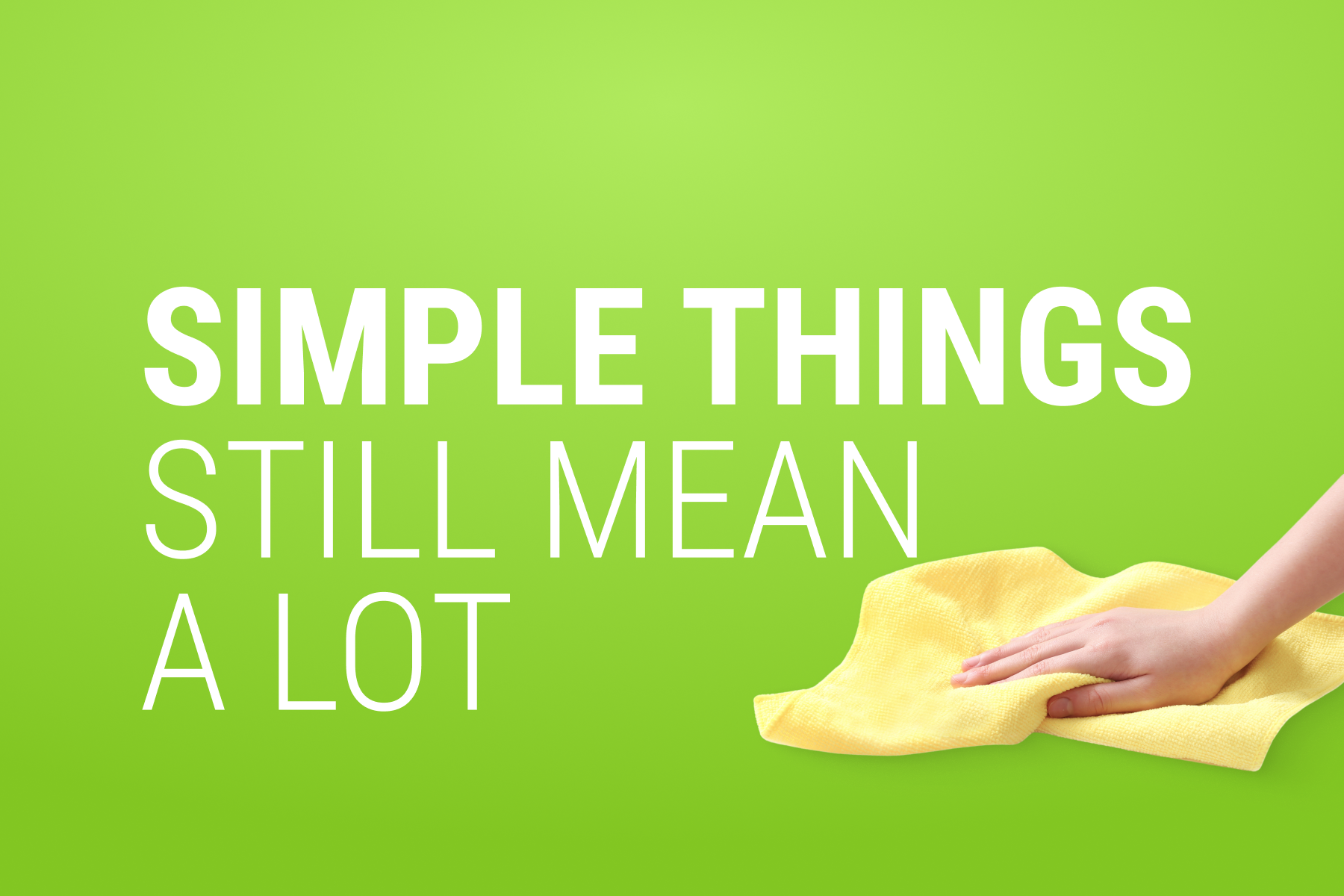
Handwashing and Sanitising Surfaces
How often should you wash your hands?
You should wash your hands as often as possible, and always when:
Using the toilet or changing a nappy
Preparing or handling food, and before and after eating
After blowing your nose, sneezing or coughing
After touching animals and pets or any of their belongings such as food bowls
Before and after treating cuts or wounds
Before and after visiting a healthcare setting or hospital
After you touch surfaces that come into regular contact with others such as handrails and door handles, and spaces such as public bathrooms and communal kitchens
Why is it important to regularly sanitise surfaces?
It's important to regularly sanitise surfaces to avoid them becoming contaminated with germs from you and others, especially if they are touched by someone who is ill.
Sanitising surfaces such as worktops, handles, light switches, electronic devices and work surfaces can help prevent the spread of illness.
Why is handwashing important?
Washing your hands is one of the simplest ways to prevent you and others from catching illnesses like flu, norovirus, the common cold and more.
How, and for how long, should you wash your hands?
All you need is 20 seconds, warm water and some soap to wash your hands to prevent the spread of germs. If you don’t have any water or soap to hand, you could use an alcohol-based hand sanitiser with at least 60% alcohol.





